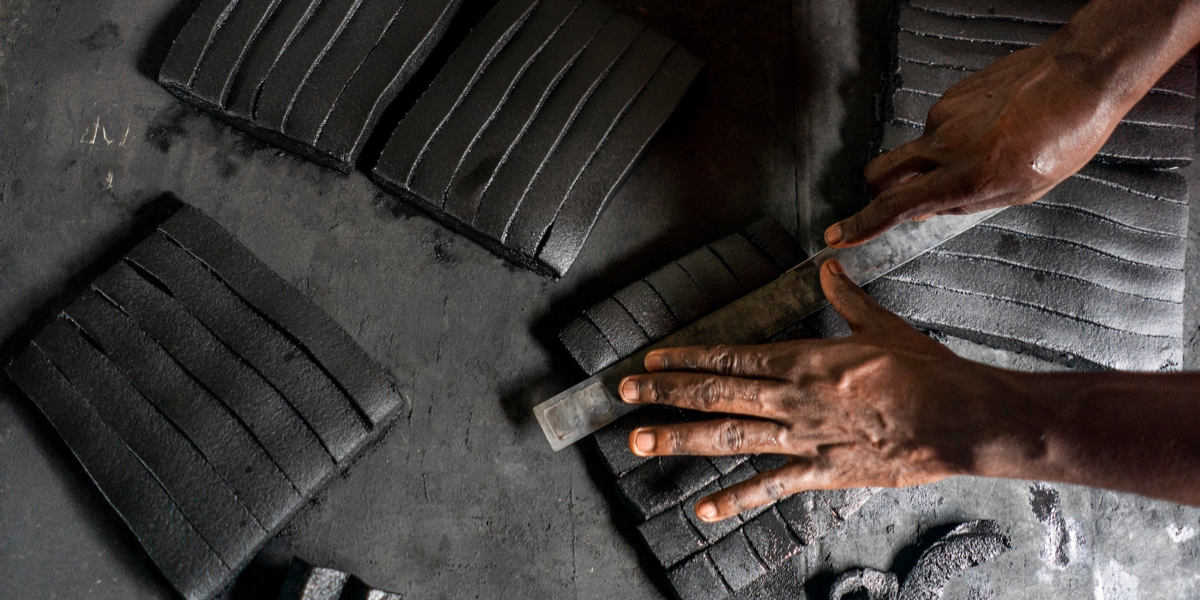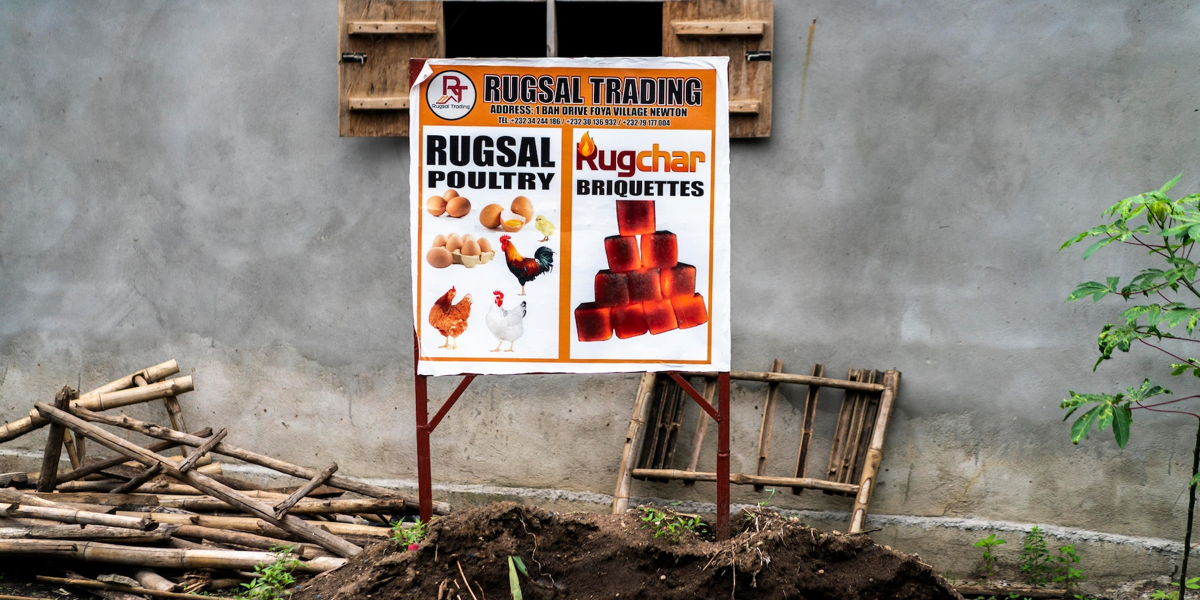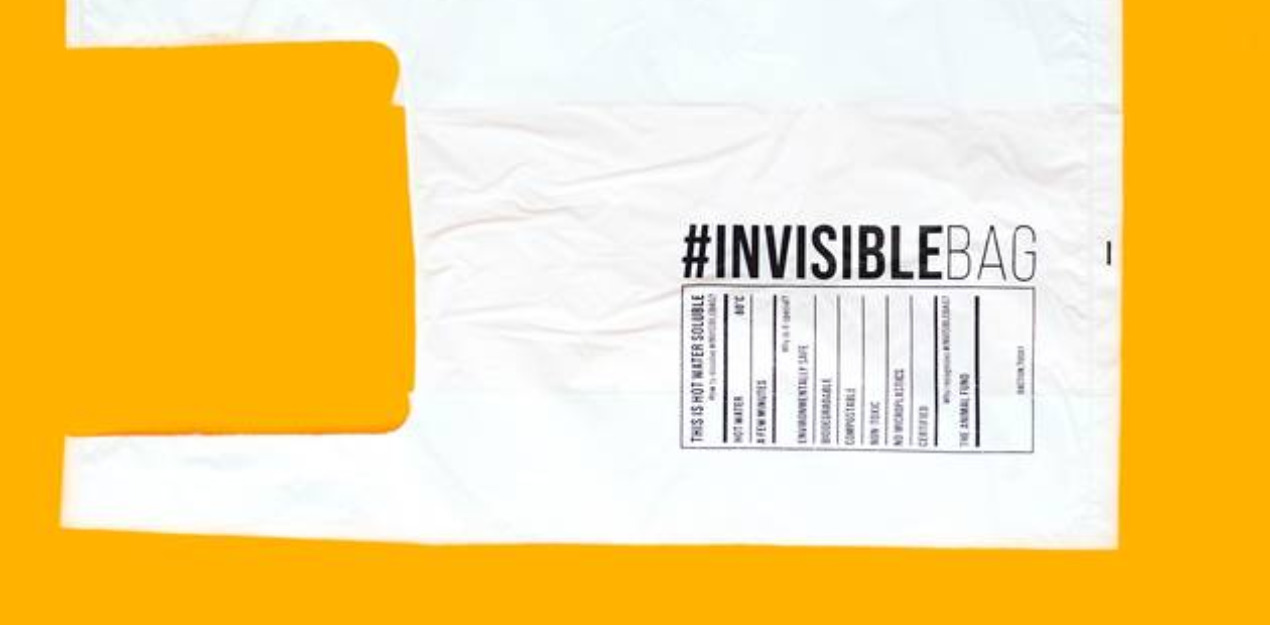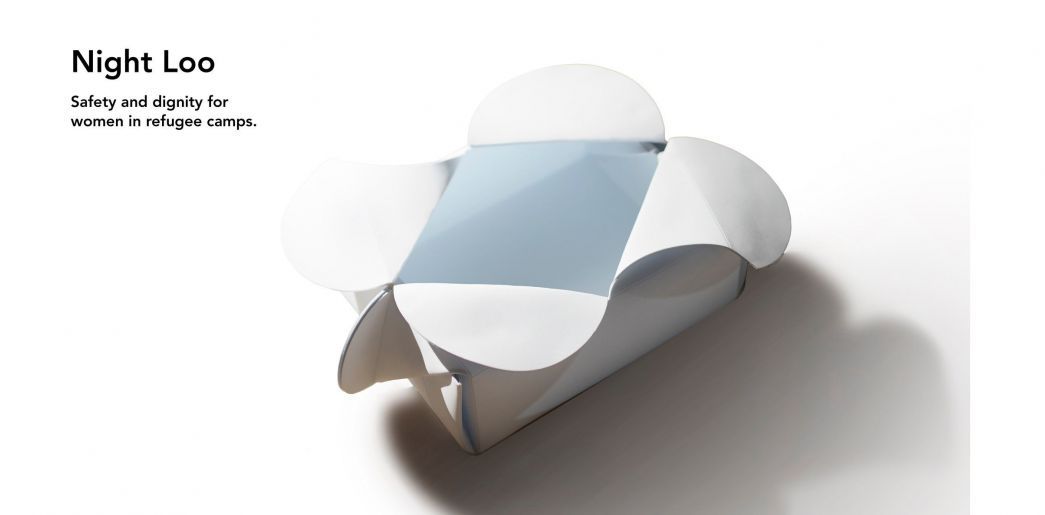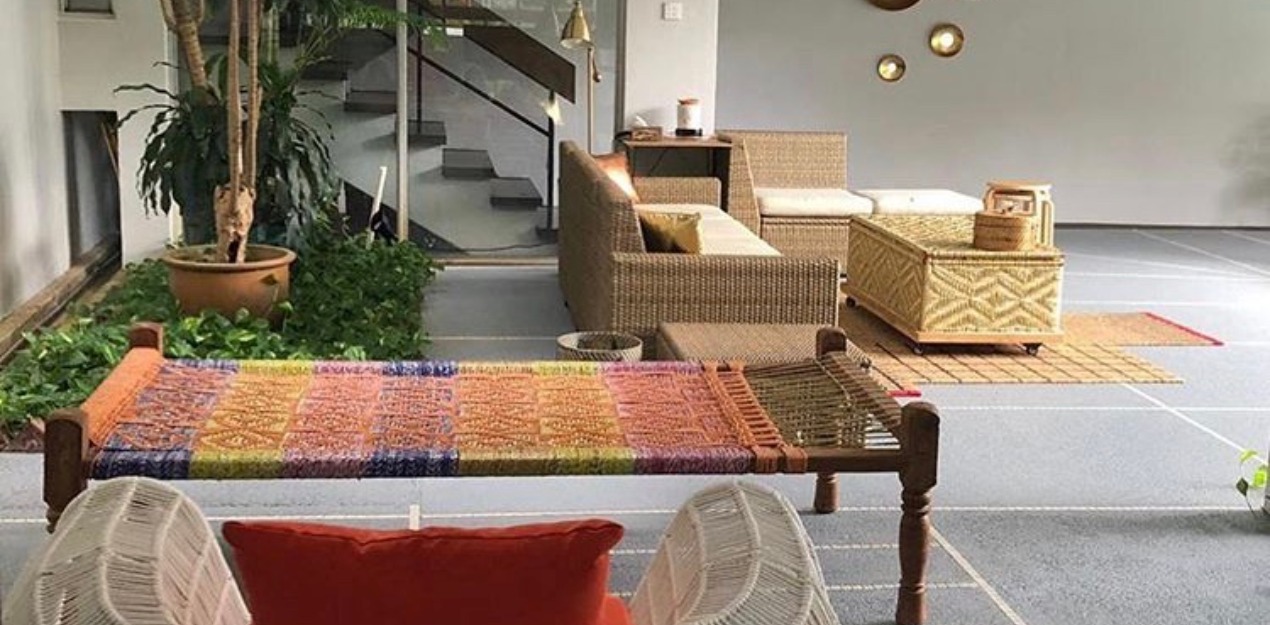AWARD YEAR
2023
CATEGORY
Home
GOALS
Affordable & Clean Energy, Sustainable Cities & Communities
KEYWORDS
deforestation, coal, coconut husks, natural disasters, upcycling
COUNTRY
Sierra Leone
DESIGNED BY
Alhaji Siraj Bah
WEBSITE
https://www.washingtonpost.com/climate-solutions/interactive/2021/deforestation-sierra-leone-alhaji-siraj-bah/
Rugsal Trading
Switching charcoal to coconuts to save trees
How does it work?
Rugsal Trading works to reduce the felling of Sierra Leone’s trees — a loss that scientists say amplifies the mudslide risk — by encouraging his neighbours to swap wood-based charcoal for a substitute made from coconut scraps. Heaps of shells and husks discarded by juice sellers around Freetown provide an energy source that requires no chopping.
Why is it needed?
Deforestation not only releases more carbon dioxide into the atmosphere — it weakens slopes. Canopies are critical for soaking up rain and taming floods. Roots anchor the soil together. But the mounts of Sierra Leone's Freetown were going bald as people collected timber to clear lots for housing and make charcoal, the top cooking fuel in a nation where electricity is often unreliable. Sierra Leone has lost 30 per cent of its forest cover over the last two decades, according to Global Forest Watch, an international tracker.
How does it improve life?
As of December 2021, Rugsal Trading has produced roughly 100 tons of coconut briquettes, which, studies show, burn longer for families who do most of their cooking on small outdoor stoves. One report in the Philippines found that a ton of charcoal look-alikes fashioned from natural waste was equivalent to sparing up to 88 trees with 10-centimetre trunks.
